The Sovereign Individual: Mastering the Transition to the Information Age
By James Dale Davidson & William Rees-Mogg
Category
TechnologyRecommended by
"The Sovereign Individual" by James Dale Davidson and William Rees-Mogg is a groundbreaking book that examines the transformative impact of emerging technologies and global economic trends on individual sovereignty and the traditional nation-state structure.
The authors argue that with the rise of encryption, digital currencies, and decentralized information networks, individuals now have unprecedented opportunities to protect their wealth, privacy, and personal freedom. They assert that these technological advancements will enable individuals to bypass government regulations and control their own destinies.
Drawing from historical examples, the book explores the decline of feudalism and the emergence of the nation-state, highlighting the parallels between those eras and the current era of transition. The authors predict that as the digital revolution continues to unfold, traditional power structures will weaken, ultimately leading to the obsolescence of centralized governance.
In this new world, the authors predict a rise in virtual nations, where individuals will be able to choose their own rules, opt out of oppressive systems, and form communities based on shared interests rather than geographical boundaries. They also discuss the implications of this shift on taxation, legal systems, and democracy.
While acknowledging the challenges and risks involved in this transition, Davidson and Rees-Mogg present a compelling vision of a future where individuals can harness the power of technology to regain control over their lives and become sovereign entities in their own right.
"The Sovereign Individual" offers a thought-provoking and timely analysis of the profound societal changes brought about by the digital revolution, urging readers to consider the potential for personal empowerment and the implications for the future of governance.
The authors argue that with the rise of encryption, digital currencies, and decentralized information networks, individuals now have unprecedented opportunities to protect their wealth, privacy, and personal freedom. They assert that these technological advancements will enable individuals to bypass government regulations and control their own destinies.
Drawing from historical examples, the book explores the decline of feudalism and the emergence of the nation-state, highlighting the parallels between those eras and the current era of transition. The authors predict that as the digital revolution continues to unfold, traditional power structures will weaken, ultimately leading to the obsolescence of centralized governance.
In this new world, the authors predict a rise in virtual nations, where individuals will be able to choose their own rules, opt out of oppressive systems, and form communities based on shared interests rather than geographical boundaries. They also discuss the implications of this shift on taxation, legal systems, and democracy.
While acknowledging the challenges and risks involved in this transition, Davidson and Rees-Mogg present a compelling vision of a future where individuals can harness the power of technology to regain control over their lives and become sovereign entities in their own right.
"The Sovereign Individual" offers a thought-provoking and timely analysis of the profound societal changes brought about by the digital revolution, urging readers to consider the potential for personal empowerment and the implications for the future of governance.
Share This Book 📚
More Books in Technology
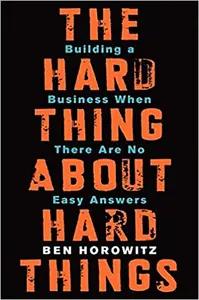
The Hard Thing About Hard Things
Ben Horowitz
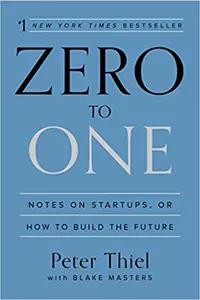
Zero to One
Peter Thiel
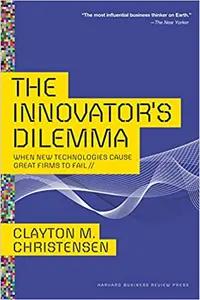
The Innovators Dilemma
Clayton Christensen
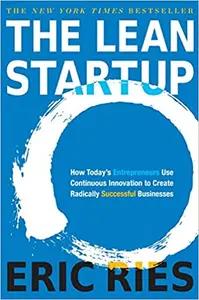
The Lean Startup
Eric Reis
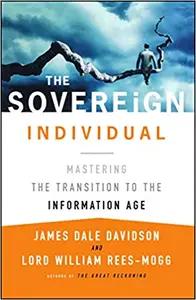
The Sovereign Individual
James Dale Davidson & William Rees-Mogg
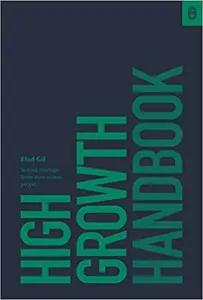
High Growth Handbook
Elad Gil
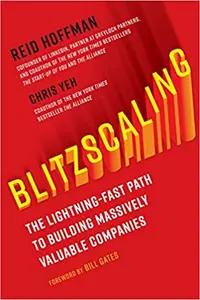
Blitzscaling
Reid Hoffman

American Kingpin
Nick Bilton
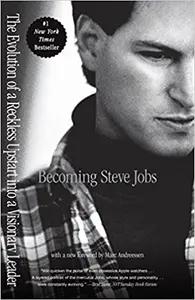
Becoming Steve Jobs
Brent Schlender
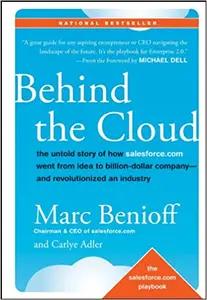
Behind the Cloud
Marc Benioff
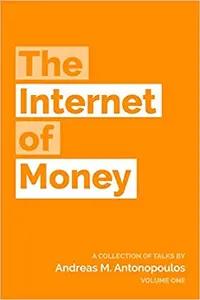
The Internet of Money Volume 1
Andreas Antonopolous
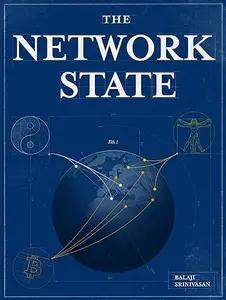
The Network State
Balaji Srinivasan
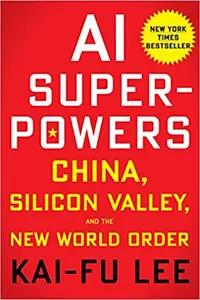
AI Superpowers
Kai-Fu Lee
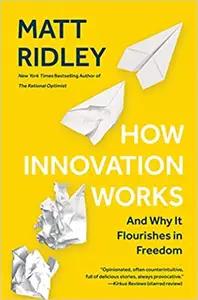
How Innovation Works
Matt Ridley
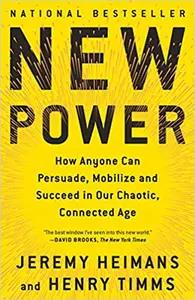
New Power
Jeremy Heimans

Read Write Own
Chris Dixon

Super Pumped
Mike Isaac

The Airbnb Story
Leigh Gallagher
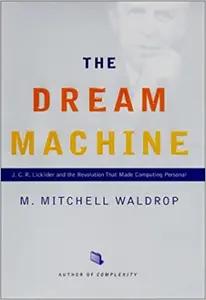
The Dream Machine
M. Mitchell Waldrop
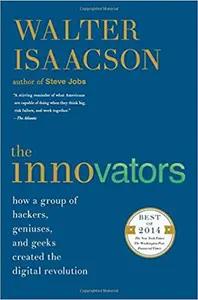
The Innovators
Walter Isaacson
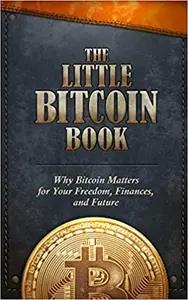
The Little Bitcoin Book
Bitcoin Collective
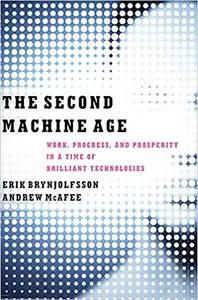
The Second Machine Age
Erik Brynjolfsson
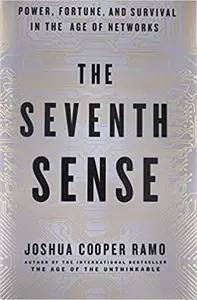
The Seventh Sense
Joshua Ramo

Virtual Society
Herman Narula

Whole Earth Discipline
Stewart Brand
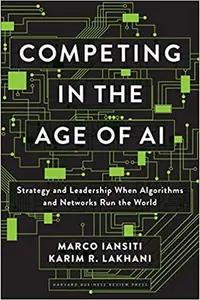
Competing in the Age of AI
Marco Iansiti
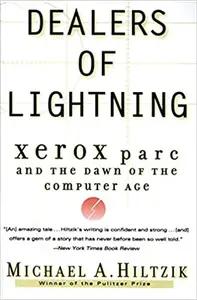
Dealers of Lightning
Michael A. Hiltzik
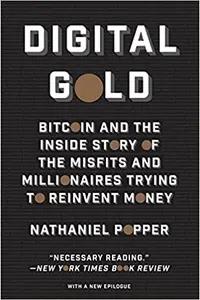
Digital Gold
Nathaniel Popper
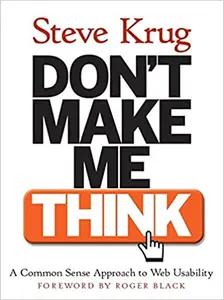
Don't Make Me Think
Steve Krug

Empires of Light
Jill Jonnes
Popular Books Recommended by Great Minds 📚

Security Analysis
Benjamin Graham

Shoe Dog
Phil Knight

Red Notice
Bill Browder
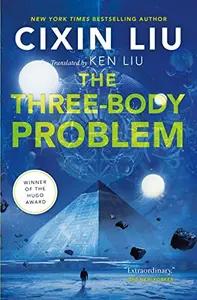
The Three Body Problem
Cixin Liu
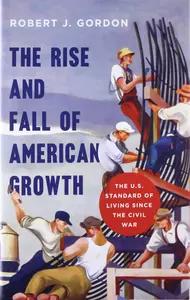
The Rise And Fall Of American Growth
Robert J. Gordon

The Hard Thing About Hard Things
Ben Horowitz

The Courage To Be Disliked
Ichiro Kishimi
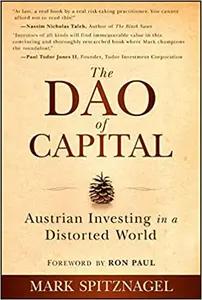
The Dao of Capital
Mark Spitznagel
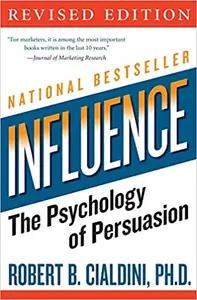
Influence
Robert Cialdini
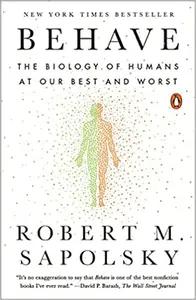
Behave
Robert Sapolsky
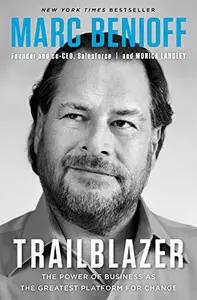
Trailblazer
Marc Benioff

Einstein
Walter Isaacson

The Almanack of Naval Ravikant
Eric Jorgenson
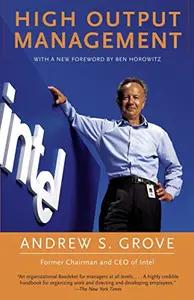
High Output Management
Andrew Grove
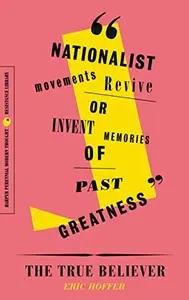
The True Believer
Eric Hoffer

The Coddling of the American Mind
Greg Lukianoff & Jonathan Haidt

Destined For War
Graham Allison

How to Change Your Mind
Michael Pollan

Siddhartha
Hermann Hesse
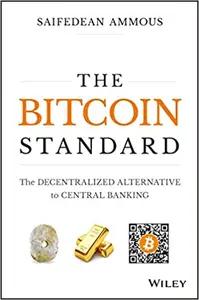
The Bitcoin Standard
Saifedean Ammous

The Internet of Money Volume 1
Andreas Antonopolous
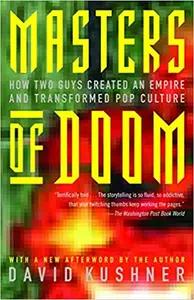
Masters of Doom
David Kushner
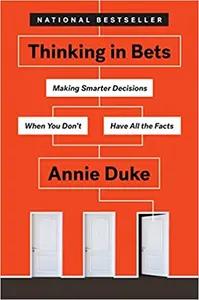
Thinking In Bets
Annie Duke

Blitzscaling
Reid Hoffman
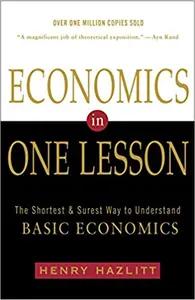
Economics in One Lesson
Henry Hazlitt

The Holy Bible
Various
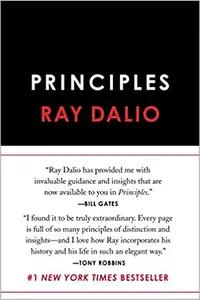
Principles
Ray Dalio

When Breath Becomes Air
Paul Kalanithi
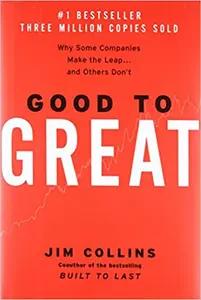
Good To Great
Jim Collins
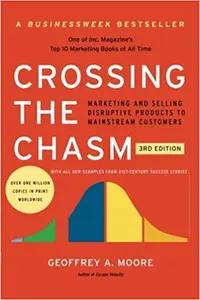
Crossing the Chasm
Geoffrey Moore